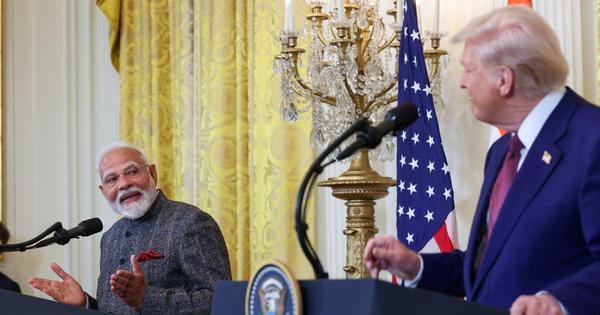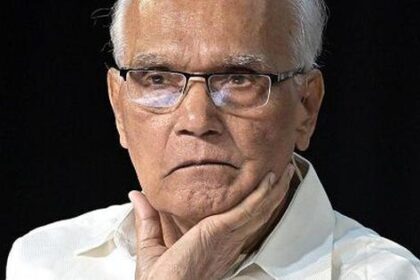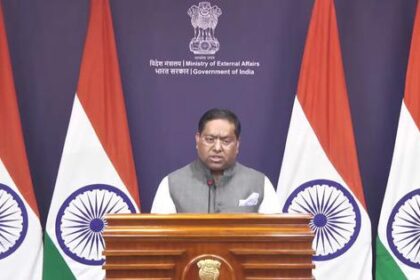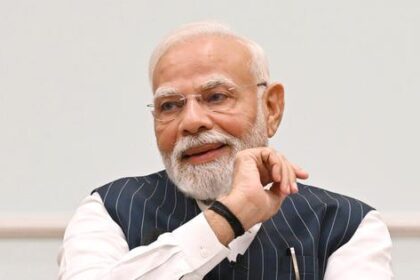MEA denies telephonic conversation regarding Russian oil imports amid U.S.-India trade tensions.
On Thursday, the Ministry of External Affairs (MEA) addressed a statement made by U.S. President Donald Trump regarding a supposed agreement with Prime Minister Narendra Modi on halting Indian imports of Russian oil. The MEA spokesperson, Randhir Jaiswal, clarified during a weekly press briefing that there had been no telephonic conversation between Modi and Trump on the previous day.
Jaiswal stated, “As per my information, there was no telephonic conversation between PM Modi and US President Trump yesterday.” Earlier in the day, the ministry had issued a statement that neither confirmed nor denied Trump’s assertion, indicating a cautious approach to the ongoing discussions about energy sourcing.
The MEA highlighted that India’s energy policy focuses on ensuring stable energy prices and secure supply lines, emphasizing the importance of diversifying energy sources to align with market conditions. The ministry noted, “This includes broad-basing our energy sourcing and diversifying as appropriate to meet market conditions.” This statement reflects India’s intent to navigate the complexities of global energy politics amid rising geopolitical tensions.
Trump, speaking to reporters on Wednesday, suggested that Modi had agreed to halt oil imports from Russia “within a short period of time,” characterizing it as a significant development. He remarked that while India could not stop the shipments immediately, the transition would be a process that would conclude soon.
These comments were made against the backdrop of increasing tensions between New Delhi and Washington. The U.S. has recently imposed reciprocal tariffs on Indian goods and has expressed concerns over India’s purchases of Russian oil, which the U.S. alleges contribute to funding Russia’s ongoing military actions in Ukraine. The combined tariff rate for India has escalated to 50%, with a 25% reciprocal duty imposed on August 7 and an additional 25% punitive levy introduced on August 27.
New Delhi had previously expressed disappointment over these tariffs, describing them as “extremely unfortunate” and highlighting that many other countries were also pursuing similar energy strategies in their national interests. Despite these tensions, trade discussions between the two nations appear to be gaining momentum once again.
On September 23, Union Commerce Minister Piyush Goyal engaged with U.S. Trade Representative Jamieson Greer in New York, aiming to expedite negotiations. This meeting followed an earlier encounter on September 15, when a team led by Brendan Lynch, the chief negotiator for the India-U.S. Bilateral Trade Agreement, met with Indian officials in New Delhi.
Overall, the MEA’s clarification about the absence of a phone call between Modi and Trump highlights the sensitive nature of energy diplomacy and international trade relations as both countries navigate their respective interests in a challenging global landscape.








